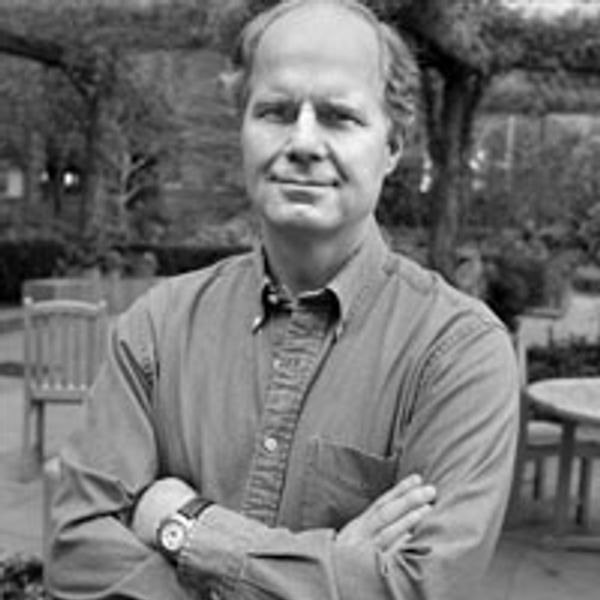Lia Purpura, Skate’s Egg Case (detail), featured in AGNI 102
don’t
Don’t smoke. Don’t drink. Don’t eat fatty foods. Don’t eat sugar. Don’t eat so much. The doctor is frequently in the position of counseling, or in a different view ordering, the patient to abjure certain pleasures. Even when framed in positive terms—“exercise more,” “eat better”—the theme echoes that leisure is bad, discipline good.
Advising the patient regarding what we call lifestyle modifications, or what the ancients called regimen, is susceptible to a number of pitfalls. The first is the risk of sounding judgmental; this is the easiest to avoid. The second is tougher: how to advise a patient to lose weight without engaging the myriad of complex issues that determine how one eats. “Hey, you were here for your annual physical exam—am I supposed to get involved in what eating means to you? How could I ever do that in the time allotted?”
The third is most problematic of all: the physician can sound like, or become in fact, the exponent of a simplistic world of rectitude, an authoritative representative of the collective superego, a stern principal, a disapproving papa, a large and powerful should. Armed with the epistemologic force of science and the reassured complacency of social privilege, the doctor tells you what not to do.
Not for nothing was Apollo a god of medicine: his clarity, his upwardness, his singular and ideal calm set against the dark ecstatic Dionysus.

Charles Bardes, M.D.
Charles Bardes is a physician who practices and teaches medicine in New York. His book-length prose poem, Diary of Our Fatal Illness (University of Chicago Press, Phoenix Poets, 2017), narrates the illness and death of an aged man. Other poems, essays, and ruminations have appeared in AGNI, Raritan, Ploughshares, The New England Journal of Medicine, and elsewhere. Pale Faces: The Masks of Anemia (Bellevue Literary Press, 2008) is an extended lyric essay that probes the mythological and cultural aspects of a common disease construct. In 2018 he received the Blackwell Prize in Writing, which “honors a writer who exhibits exceptional talent on the printed page, as well as meaningful social commitments on the public stage.” More info at charlesbardes.com. (updated 3/2020)
